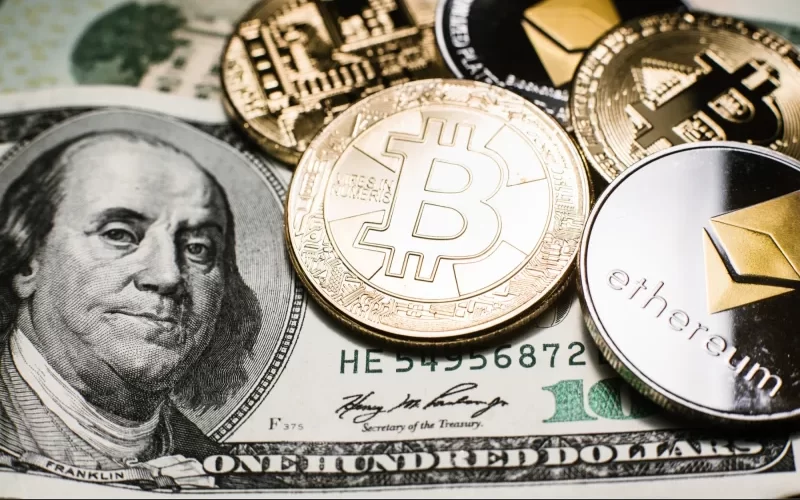Bhutan has partnered with Binance Pay and DK Bank to launch the world’s first national-level cryptocurrency payment system for tourism. This groundbreaking initiative enables visitors to pay for travel-related services using over 100 cryptocurrencies, including Bitcoin.
Seamless Travel with Crypto Payments
Travelers with a Binance account can now use digital currencies to cover expenses such as hotel bookings, guided tours, tickets, and more. With this new system, there’s no need to exchange local currency or carry cash—just a phone and the Binance app.
In a statement on May 7, Binance highlighted the ease of use: tourists can simply scan a QR code to pay, making the entire process both fast and secure. The initiative also supports real-time confirmations, minimal transaction fees, and integrates with a fully licensed local bank for settlements.
Damcho Rinzin, director of Bhutan’s tourism department, called the project a symbol of “innovation, inclusion, and convenience.” Binance CEO Richard Teng added that it “sets a precedent for how technology can bridge cultures and economies.”
Empowering Remote and Small Businesses
A key focus of the partnership is extending digital payment access to small and rural businesses that lack traditional payment infrastructure. This includes local vendors and artisans who may have never used card terminals before.
According to Binance, even businesses in the most remote parts of Bhutan can now accept crypto payments via mobile devices. This opens new economic opportunities by connecting local sellers with international tourists.
Bhutan’s Broader Crypto Strategy
The launch reflects Bhutan’s growing interest in digital assets. The country has been quietly mining Bitcoin since at least 2019 and continues to invest in crypto through its state-owned investment arm, Druk Holding and Investments (DHI). As of early 2025, DHI reportedly holds over 12,000 BTC, along with smaller amounts on platforms like BNB Chain, Polygon, and Base.
Bhutan is also exploring the creation of a strategic crypto reserve as part of its broader economic development plans. However, the regulatory landscape for cryptocurrencies in the country remains uncertain. In 2020, the Royal Monetary Authority (RMA) warned against speculative investments in unverified crypto projects, urging caution among the public.
Despite these uncertainties, Bhutan is positioning itself as a pioneer in blending tourism with blockchain technology—aiming to enhance visitor experience while fostering economic innovation.
